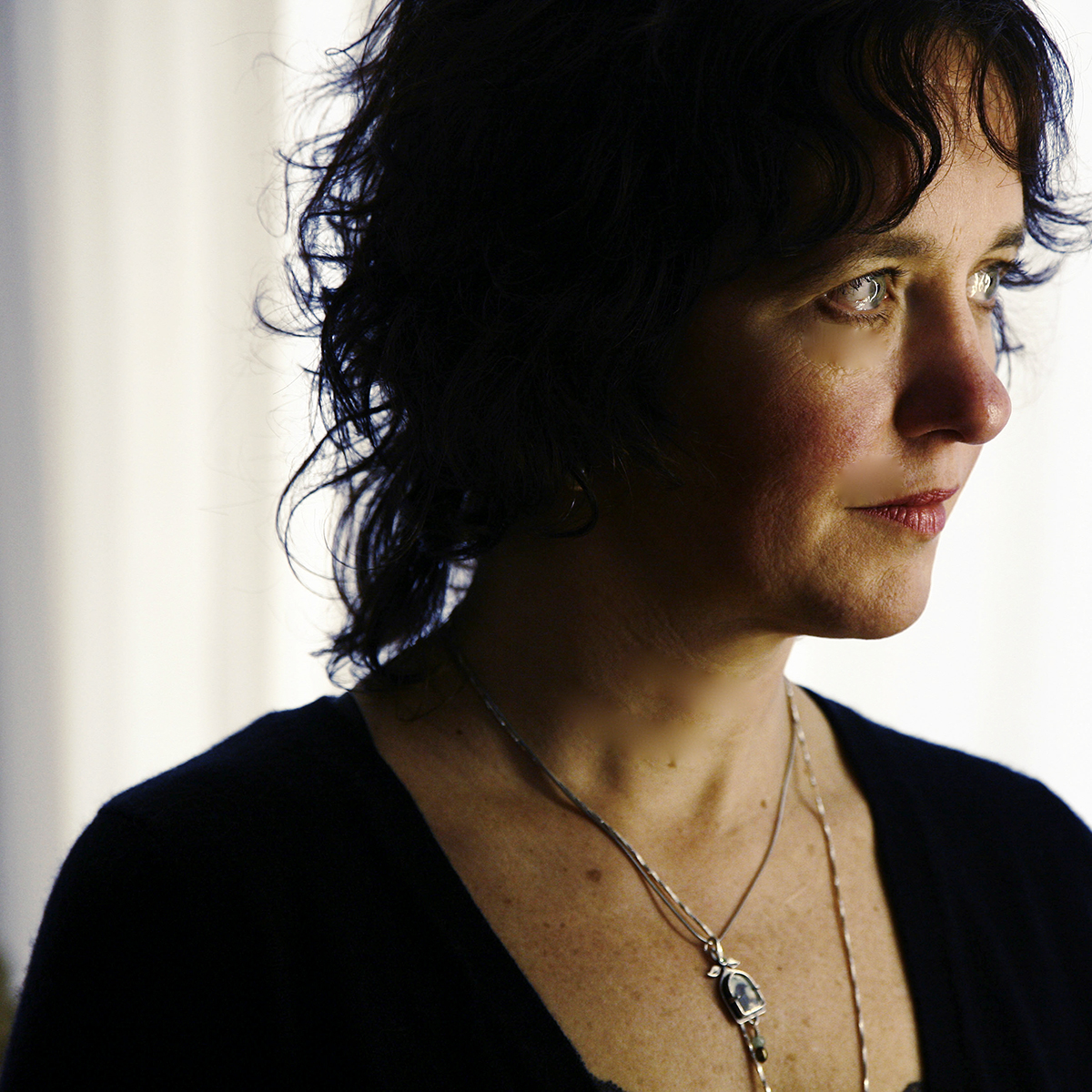Laura Kasischke is obsessed with images.
Her workshop at the Chautauqua Writers’ Center this week is titled “Revisiting the Image,” and she and her students are thinking about the ways in which poetry is a perfect form for conveying imagery during the week.
But Kasischke wants to share that obsession with everyone, so she’s carrying the discussion of images over into her Brown Bag lecture.
She’ll talk about “The Mystery of the Image” at 12:15 p.m. Tuesday on the front porch of the Literary Arts Center at Alumni Hall.
“Every once in a while, I feel like we really need to be jogged out of our idea that language is just about expressing things that we know, and that what we want from communication and language is to understand things,” Kasischke said.
Kasischke is the poet-in-residence for Week Eight at the Writers’ Center. She’s the author of numerous works, including nine collections of poetry and nine novels. Over the course of her career, she’s been awarded a National Book Critics Circle Award for Poetry for her collection Space, in Chains, two grants from the National Endowment for the Arts and a Guggenheim fellowship.
Imagery is constantly on Kasischke’s mind as a poet, and she said she’ll provide some very different examples of what an image can do in a poem — and how images aren’t always just direct representations of ideas.
“I’m going to bring in a haiku — that’s like the cellular level of an image,” Kasischke said. “And then I’ll move into the more complicated images that are mysterious. In a poem, perhaps we’ll have a detail or image that isn’t symbolic. We can’t say, ‘This image is about despair.’ ”
Part of her lecture will focus on the work of poet Theodore Roethke.
“He’s from Michigan, and I’m a Michigan poet,” Kasischke said. “And he’s one of my favorite poets.”
Poetic imagery is a huge topic, Kasischke said, because it reaches from “prehistoric poetry” up to the poetry of today, but she thinks Roethke’s work provides a great example of the ways in which imagery can work its magic.
“He was so consistent, and it comes from such a primal place,” Kasischke said. “His imagery isn’t just a pure product of imagination, it was part of his earliest sensory experiences.”
Roethke grew up around a large greenhouse and spent a lot of time observing his surroundings, Kasischke said, which can be seen in the naturalistic imagery of his poetry. Kasischke said she’s always been interested in the way that unconventional upbringing may have affected how Roethke viewed memory, the life cycle, psychology and the dream life.
“I’m just intrigued by how strange plant life is, and how this must have occurred to Roethke as a 3-year-old — watching things come up out of the ground, and how deeply that appeals to the senses and speaks to the senses,” Kasischke said.
Poetry uses language in a different way than other types of writing, Kasischke said, and she believes it’s perhaps more akin to music and painting. She said the mysteriousness of the form can appeal “to us on a more subconscious level, and we feel it more than we understand.”
“If somebody wants to tell you how to change the oil in your car, hopefully they’re not going to write you a poem,” Kasischke said. “A poem leaves you curious, and sometimes, in a really good way, confused. And it leaves the door open for possibilities.”
Kasischke said she wants to emphasize the “mystery” in the title of her lecture, because an idea as broad and sweeping as imagery shouldn’t really have a solution.
“The mystery of it is the endpoint of it, too,” Kasischke said. “It comes from a mysterious place, and it may remain mysterious.”
Kasischke said she’d like to link that mystery with the way poets such as Roethke use imagery so she can demonstrate that physical, sensory details “aren’t always symbolic.”
“You can’t crack the code, look them up and find out exactly what the poet was trying to express,” Kasischke said. “Because the poet might not even know. It’s something that goes on at a level that’s deeper than the conscious and rational level.”





